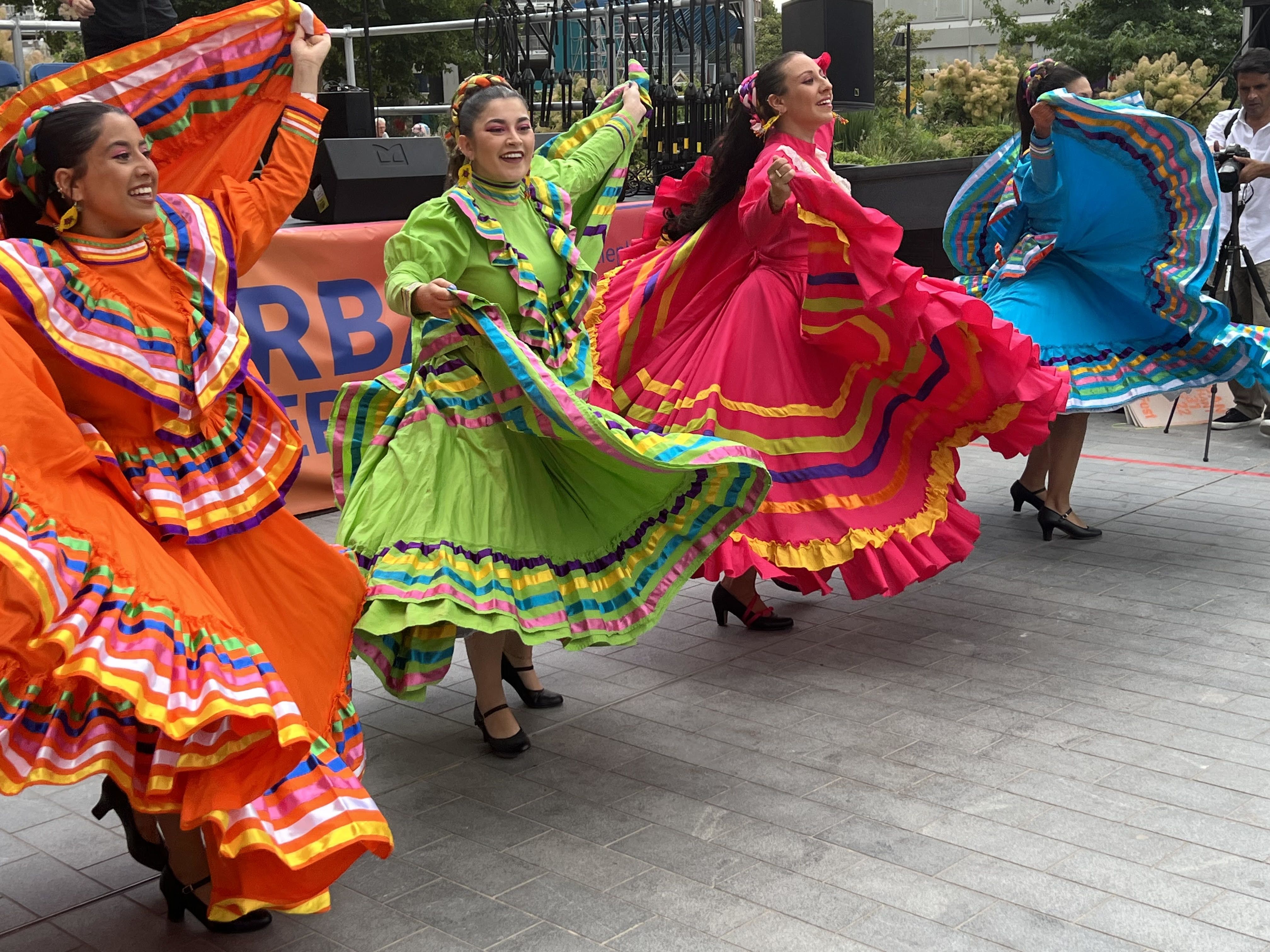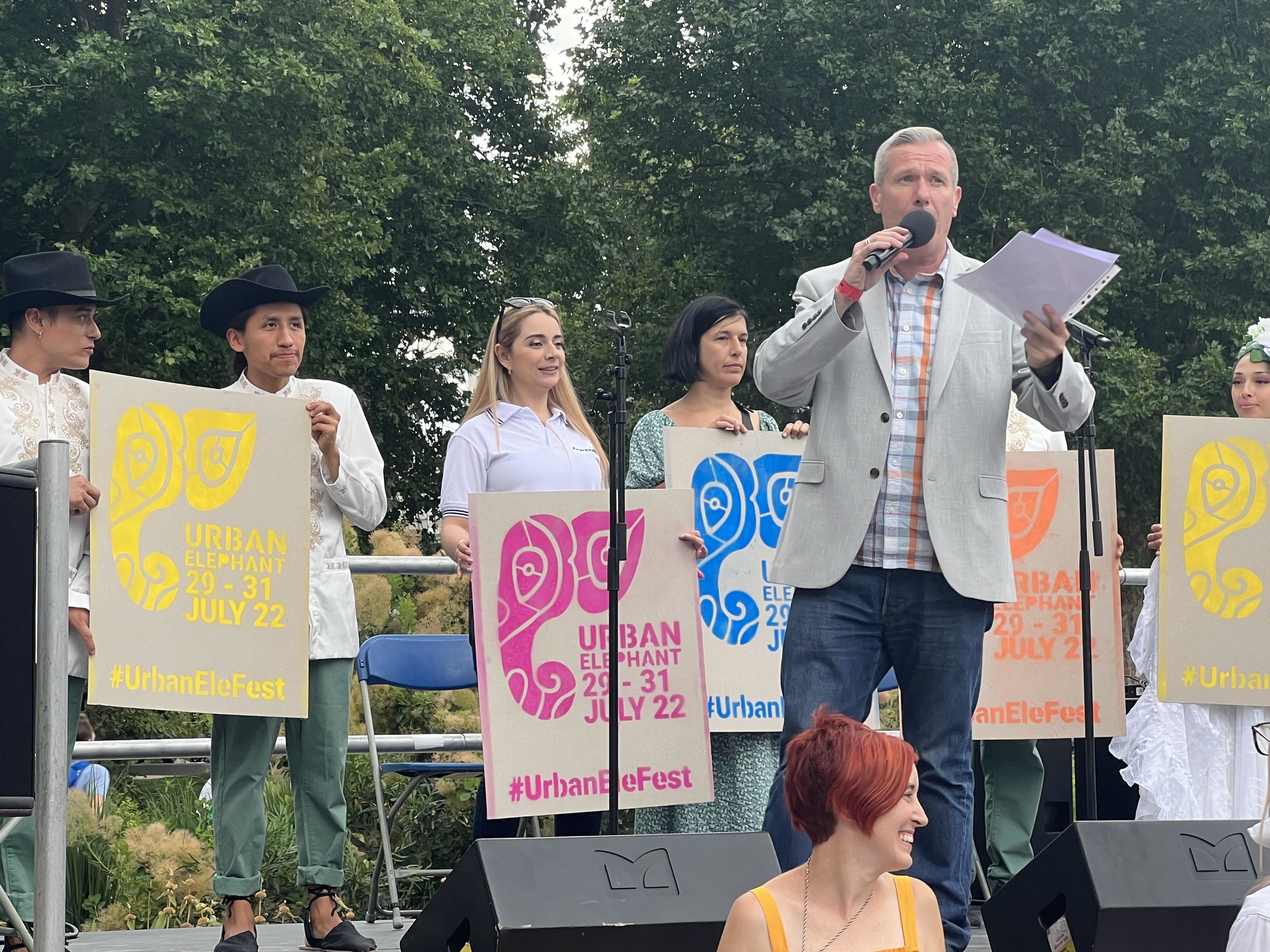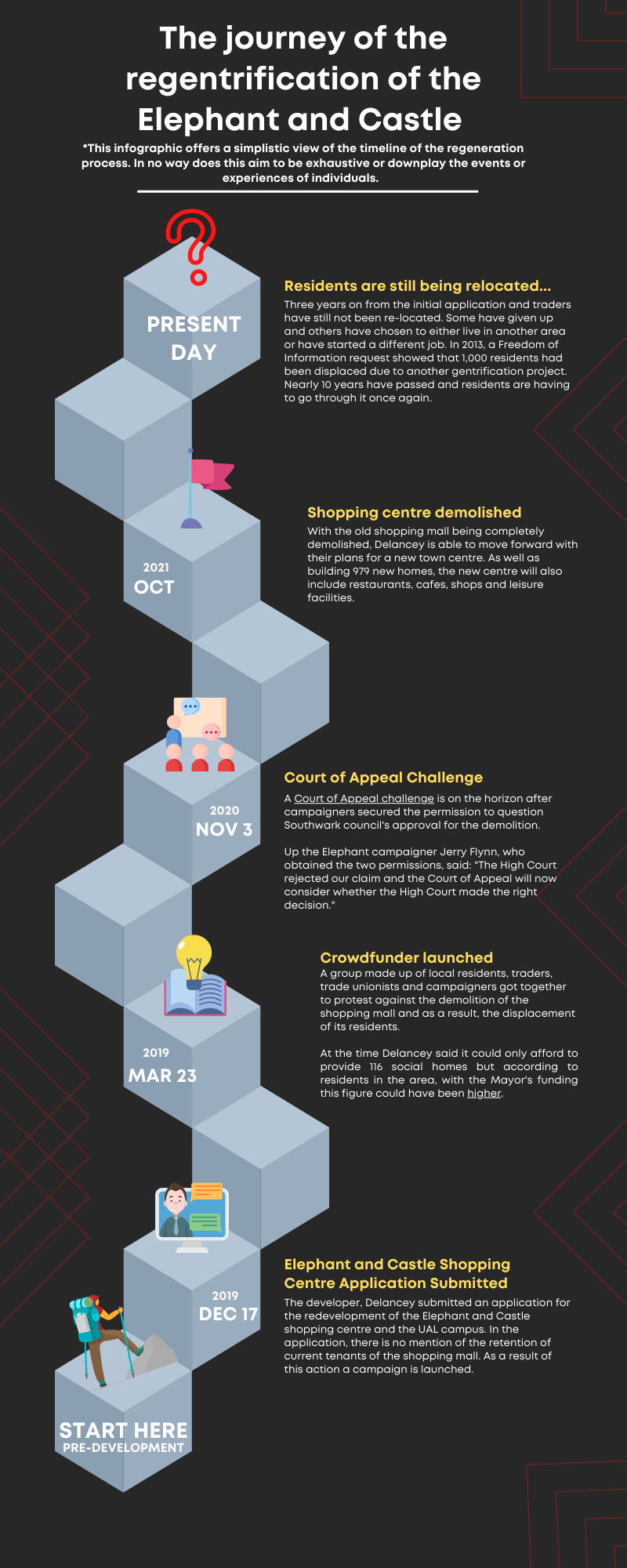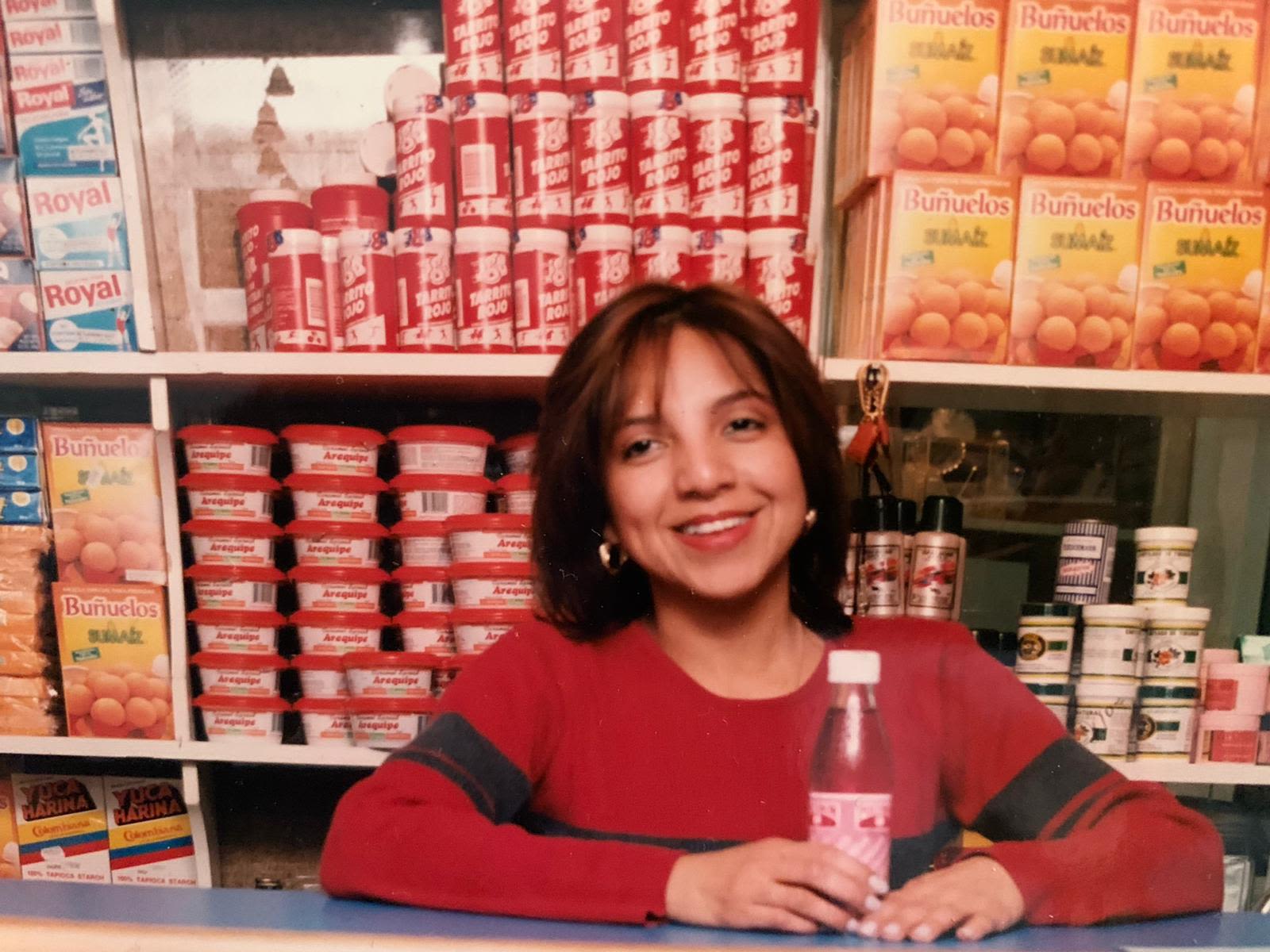Is the regeneration of Elephant and Castle all that it’s cracked up to be?

Introduction
For so long, regeneration has been negatively associated with gentrification but it’s quite important to distinguish between the two. For the purposes of this article, the idea of regeneration refers to the large-scale works on a community that is intended to promote economic growth that will increase the quality of life for its residents.
However, this economic practice turns nasty when the result of the development forces poorer residents in these areas to move, as they are unable to pay their increased rents and taxes. Rents and taxes increase in this area as development spurs economic growth, attracts bigger corporations to the area and lowers the crime rate.
In many textbook scenarios, you see gentrified communities attract a far more affluent base of consumers that can afford the rent and general cost of living in that area. The case of Elephant and Castle is proving to be a far more complex case and to label it as a gentrification model would be incredibly reductionist. This was clearly apparent during Elephant and Castle’s Urban Elephant Festival.
A celebration of diversity

Over the last weekend, locals and members of the general public came to take part in the festivities of the Urban Elephant festival. The main aim of the free festival was to celebrate and emphasise the power that art has in bringing local communities together. The festival was the idea of two creatives in the local community, John Whelan and Mike Raffone.
John Whelan, Artistic Director of the People’s Company said: "My thing is all about celebrating communities. That’s really important to me. I want to introduce the old residents to the new residents and the new residents to the old residents. I really believe in bringing people together and art and creativity is a great way to do that."
The mix of cultures was clearly evident as entertainment and food could be seen from many communities including Mexican, Guyanese, Nigerian and Latin.
Bringing communities together
Dianna Barranco Community Director at Elephant and Castle Town Centre said:"When there was the shopping centre there was a diverse community but they didn’t connect; they were all in groups. With events like this even if you don’t understand the music you can still enjoy yourself. And when you’re having fun you don’t mind who is next to you. You don’t need to speak the same language, you don’t need to talk."
Ms Barranco also pointed out that such events were great for local businesses as it drew people to Castle Square. After speaking to traders on the day it was clear that they were thankful for such an event, especially after the last two years. I was speaking to one trader in particular and she told me that there were times when all of the local traders were so quiet that they would have to cheer each other up in order to keep going.
Impact of community events on local businesses
I spoke to Emma Giaretto, a project manager at the London College of Communication and here's what she had to say about community identity in the area: "Elephant and Castle is a very transient community where you have a lot of people staying for a few years but you also have people live there for years and years. Some of the students we work with have helped the local traders here today by taking photos of them and building their social media presence. This is so that they can bring people back to the high street which is so important to them"
Chef Faye Gomes owner of Kaieteur Kitchen is a well-known business owner and chef in London. Her authentic Guyanese food has enabled her to garner quite a bit of attention and has thus led to several interviews. Here is what she had to say when I spoke to her at the festival:
Gomes then went on to say: “Events such as this are good because we are struggling a bit around here. People are still getting to know where we are, so things like this definitely encourage more people to come out."
Although Gomes was positive about the day she was incredibly pragmatic in regard to what other traders and herself, to a certain extent, had experienced. The Covid-19 pandemic and the relocation of businesses only added to the present pressures of trying to keep a business afloat.
It’s important to remember that when Gomes talks about businesses in the area she’s not referring to all of the businesses that were in the shopping mall. According to Latin Elephant, an organisation dedicated to addressing the needs of migrant groups in the area, they reported that some business owners have been waiting for three years to be re-located.
Life goes on
After talking to members of the community during the event, I can safely say that it was a successful day and it showed decision makers that residents and local traders were able to come together and celebrate one another's culture and their community. But I don't believe that their camaraderie was ever in question. In the backdrop of this event, it was quite evident that the toll of the re-development had dampened their spirits.
Unfortunately, gentrification is not a new phenomenon in the Elephant and Castle area. Let's not dress it up but rather let's dress it down and expose it for what it is. It's not a gentrification model. It's time we start focusing on the human impact such practices have on our community. It's the displacement of residents for economic gain - point, blank, period. Southwark council have made it known that they intend to rejuvenate the city centre and develop it so that it can economically compete with other areas in London.
The Southwark Council's Economic Renewal Plan, published in 2021, highlights the council's inspiration behind the "Southwark Stands Together" initiative. This was a result of the killing of George Floyd in the US and it aims to support the Black, Asian and minority ethnic residents. The irony of this initiative is immense. I'm quite confused as to why the council refuse to acknowledge the lack of support that their own Black, Asian and minority ethnic residents are experiencing but yet they can clearly identify injustice from across the pond. It makes me wonder if this is just a by-product of living in the Capital.
SWLondoner contacted Southwark council to get a response to this article but did not receive a reply by the time of publication.
The Journey of Regentrification in Southwark
The below visualisation gives a glimpse of the series of events that have led up to the present-day struggle of the traders that were formally based in the shopping mall. The moment the planning application was submitted by Delancey, the lead investment firm, in 2019 was the moment things would change for the residents and traders of Elephant and Castle.
Despite protests and appeals made to the court, the residents lost that battle and the demolition went ahead. At the start of this "regeneration" process, the question was, "How can we stop them from carrying out this work that would displace our friends and family?" Now, one of the key questions is: "Even though the work is going ahead, how do we make sure that certain promises are kept in order for us to carry on making a decent living?"

Two years on and they still have nothing
Al Kamara was previously based in the Moat and when the regeneration project started he originally did not get re-located. After campaigning, however, he was able to get a unit at the back of Elephant Arcade. He’s not happy with what he’s been given. Many traders have complained about the state of the Arcade, as customers have been put off by the stench of the sewer near the entrance and the general outdated look of the building.

Photo of Al Hassan Kamara | Credit: Latin Elephant
Photo of Al Hassan Kamara | Credit: Latin Elephant
In response to the demolition of the Elephant and Castle mall, he previously said: "On this particular day [of photo] so worried about what to do when they give us the letter that we are leaving😢 elephant 🐘 and castle 🏰 is part of my life. I don’t think I will never forget the memories."
Diana Sachs, owner of La Bodeguita was open for over 20 years and still two years on does not have alternative premises for her restaurant. She claims she was only offered a small unit to replace the café she also owned in the shopping centre.

Photo of Diana Sachs | Credit: Latin Elephant
Photo of Diana Sachs | Credit: Latin Elephant
When SWLondoner tried to contact traders that had not been relocated they were either unavailable for an interview or refused. Santiago Peluffo, co-director at Latin Elephant said that there was almost a sense of fatigue with the traders as they had not seen any results.
Cost of living crisis
For many of us, the Covid-19 pandemic and the cost of living crisis is a severe weight that we'll have to carry for the foreseeable future. Especially with the influx of negative news that is almost pummelled at us on a daily basis, it's easy to think about yourself. The reason why we all need to care about such scandals is that if it can happen to an elderly man that's paid off his pension; a single dad that's struggling as it is to pay childcare costs or a business owner that has given decades to the local economy; then it can most certainly happen to you.
Take part in the quiz below to test your knowledge:
